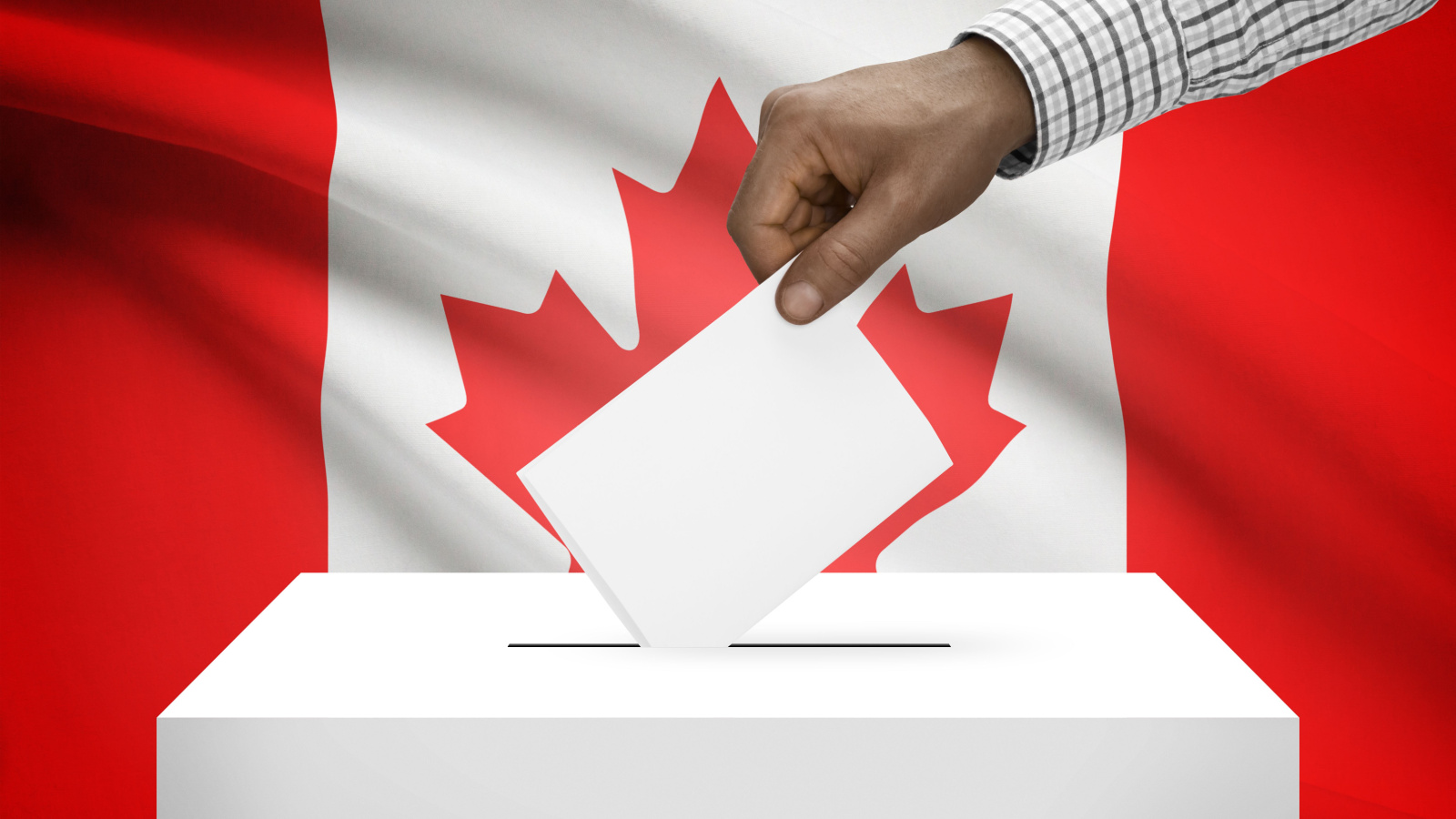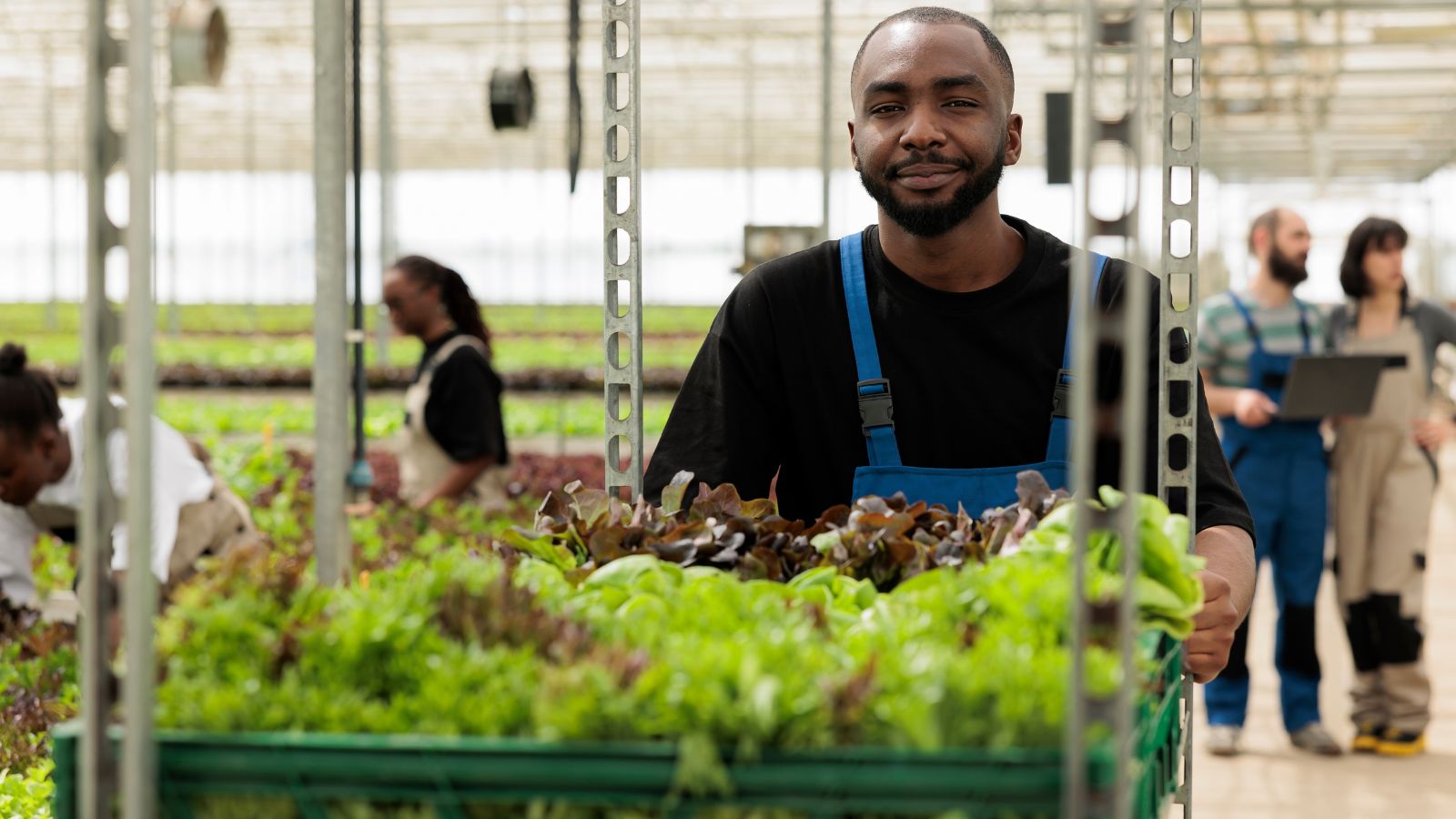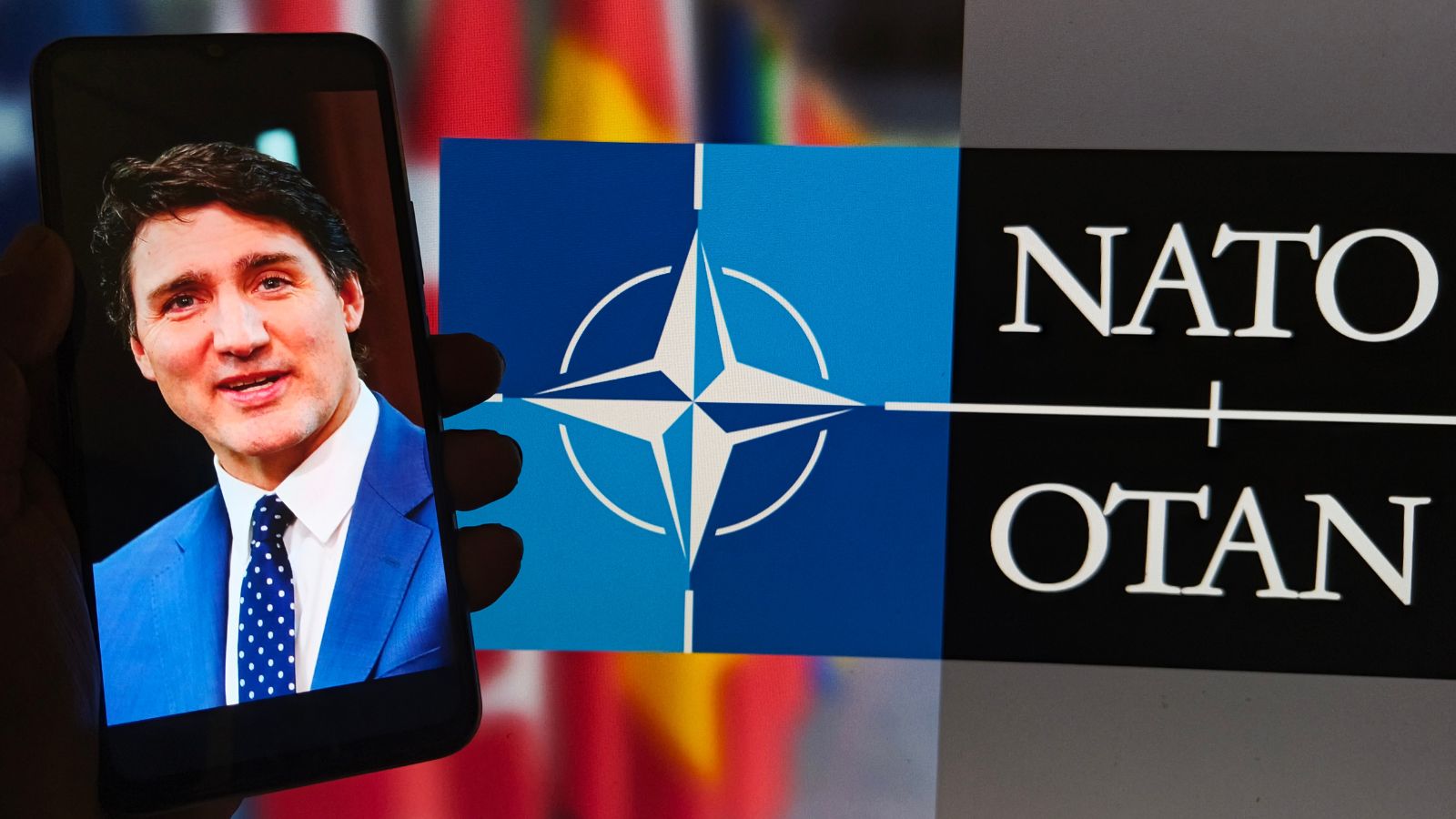As the world faces increasing uncertainty—from climate change and political unrest to economic volatility—nations are being tested on their ability to adapt, protect, and lead. While many struggle with division or instability, Canada continues to demonstrate a unique combination of resilience, pragmatism, and long-term thinking. Here are 21 reasons Canada may be the last country standing strong.
Stable Democratic Institutions

Canada has maintained a functioning and peaceful democracy with transparent elections, strong rule of law, and independent institutions. Its parliamentary system and federal structure allow for checks and balances across different levels of government. Political transitions occur smoothly, and voter participation remains relatively high. These democratic norms are reinforced by public trust in electoral processes and a free press. In an era when democratic backsliding is visible elsewhere, Canada’s steady commitment to representative governance is a defining strength that contributes to national stability.
Resilient Economy with Strong Fiscal Management

Canada’s economy has consistently shown the ability to recover from global shocks, supported by prudent fiscal policies and a well-regulated financial system. Public debt remains manageable, and the government has room to respond to crises without losing investor confidence. The economy is diversified, with key sectors in energy, manufacturing, technology, and services. Strategic trade agreements and sound banking practices provide further resilience. While inflation and affordability remain challenges, Canada’s long-term financial planning positions it well to weather economic disruptions compared to many peer nations.
Universal Healthcare System

Canada’s publicly funded healthcare system provides access to essential medical services for all residents, regardless of income. The system prioritizes preventive care, ensures high vaccination rates, and supports public health responses during crises. Though wait times can vary, overall quality of care remains high. Universal coverage reduces financial hardship from illness and contributes to longer life expectancy and better health outcomes. As global healthcare costs rise and access becomes more unequal elsewhere, Canada’s single-payer model remains a stabilizing and equitable feature of its social infrastructure.
Abundant Natural Resources

Canada is rich in natural resources, including fresh water, forests, minerals, and energy reserves. This wealth provides a foundation for economic independence and energy security. The country is one of the world’s top producers of critical materials like potash, uranium, and nickel, and also has vast potential for renewable energy development. Resource management practices are evolving to balance economic benefits with environmental responsibility. In a world where scarcity is becoming more common, Canada’s access to key resources gives it a distinct strategic advantage.
Low Population Density with Room to Grow

With one of the lowest population densities among developed nations, Canada has significant room for urban expansion, agriculture, and environmental preservation. This geographic advantage reduces strain on infrastructure and natural ecosystems, while also offering flexibility in housing, transport, and development planning. The ability to accommodate population growth without immediate overcrowding makes long-term sustainability more achievable. In contrast to countries facing urban congestion or land scarcity, Canada’s physical space supports resilience, adaptability, and quality of life over the long term.
Strong Public Education System

Canada consistently ranks among the top-performing countries in international education assessments. Public schooling is accessible, well-funded, and shaped by provincial standards that emphasize equity and bilingual learning. Post-secondary institutions attract students globally, contributing to workforce development and research capacity. Education is closely tied to civic values, preparing students to participate in a democratic and multicultural society. This strong foundation in education ensures the population is equipped to adapt to changing economic and technological demands, reinforcing Canada’s long-term social and economic stability.
Global Reputation for Peace and Diplomacy

Canada is known for its non-aggressive foreign policy and active participation in peacebuilding efforts. It supports multilateralism, contributes to humanitarian missions, and promotes human rights in international forums. This reputation allows Canada to serve as a mediator and trusted voice in global conflicts. It’s a balanced approach to foreign affairs that strengthens alliances and reduces geopolitical risk. While not a military superpower, Canada’s consistent emphasis on diplomacy helps it maintain strong global relationships and navigate instability with credibility and cooperation.
High Trust in Government and Institutions

Public trust in Canada’s political, legal, and civic institutions remains relatively strong compared to many other democracies. Citizens generally view elections, law enforcement, and public health agencies as fair and functional. This trust enhances policy compliance, especially during national challenges such as public health emergencies or economic crises. Transparency laws, independent oversight, and a free press help hold officials accountable. In societies where misinformation and polarization weaken public institutions, Canada’s trust-based governance supports long-term social cohesion and effective decision-making.
Safe Urban and Rural Communities

Canada has one of the lowest crime rates among G7 countries, contributing to a strong sense of safety in both cities and small towns. While urban centers face typical challenges, violent crime remains relatively rare. Law enforcement is generally community-focused, and public safety strategies emphasize prevention and mental health support. Residents benefit from low rates of gun violence, especially compared to neighboring countries. Safety contributes to social stability, supports economic development, and makes Canada an attractive destination for families and skilled immigrants.
Transparent and Independent Legal System

Canada’s legal framework is grounded in the rule of law, with courts that operate independently from political influence. Legal proceedings are public, predictable, and based on constitutional principles. The Charter of Rights and Freedoms protects civil liberties, and judicial decisions are subject to review and appeal. This transparency supports public confidence and provides a strong foundation for resolving disputes. In contrast to countries where legal systems are politicized or inaccessible, Canada’s judiciary reinforces accountability, human rights, and equal treatment under the law.
Long-Term Climate Adaptation Strategies

Canada is taking measurable steps to adapt to the realities of climate change through infrastructure upgrades, disaster preparedness, and land use planning. Provinces and cities are investing in flood defenses, wildfire management, and sustainable building practices. The federal government has released national adaptation strategies that address climate risks across sectors. These efforts are designed to protect ecosystems, public health, and the economy. In a warming world with increasing environmental disruption, Canada’s proactive adaptation measures enhance national resilience and reduce vulnerability.
Secure and Regulated Financial Sector

Canada’s banking system is globally recognized for its stability, transparency, and strong regulatory oversight. The country avoided major collapses during the 2008 financial crisis, due in part to conservative lending practices and adequate supervision by institutions like the Office of the Superintendent of Financial Institutions. Major banks are well-capitalized and subject to strict risk management requirements. This financial strength supports investor confidence and consumer protection. In times of economic uncertainty, Canada’s secure financial infrastructure acts as a stabilizing force for both domestic and international markets.
Balanced Immigration and Integration Policies

Canada’s immigration system is built on a points-based model that prioritizes education, work experience, and language skills. This approach allows for steady inflows of skilled newcomers who contribute to the economy and fill labor shortages. Settlement services, language training, and support programs help facilitate integration and long-term community engagement. Public support for immigration remains relatively strong, and policies aim to balance economic needs with humanitarian obligations.
Food and Water Security

Canada is one of the few countries with abundant freshwater resources and a strong agricultural sector capable of feeding its population. Freshwater lakes, rivers, and groundwater reserves are protected through environmental regulations and intergovernmental agreements. Farmland is productive and diverse, producing grains, dairy, fruits, and vegetables for both domestic consumption and export. Food systems benefit from safety standards, supply chain infrastructure, and innovation in sustainable farming. In a future where climate change and conflict disrupt global supplies, Canada’s food and water security is a significant asset.
Commitment to Social Equity and Inclusion

Canada actively promotes policies that address inequality across race, gender, income, and ability. Public programs are designed to reduce systemic barriers through access to education, health equity, and employment standards. The government regularly reviews laws using equity-based analysis to improve outcomes for marginalized groups. Inclusion is also embedded in housing policy, legal protections, and civic engagement. By prioritizing fairness and representation, Canada builds stronger, more cohesive communities. This long-term focus on social equity contributes to national resilience and a more unified society.
Innovation in Clean Energy and Sustainability

Canada is investing in renewable energy, carbon capture, and green infrastructure to shift toward a more sustainable economy. Provinces are building solar and wind capacity while improving energy efficiency in buildings and transportation. Public and private research institutions support innovations that reduce emissions and improve environmental performance. These efforts align with global climate goals and attract international interest. As the world transitions to cleaner energy systems, Canada’s leadership in sustainable development strengthens its economic position and environmental credibility.
Strong International Alliances

Canada maintains trusted relationships with key global partners through organizations like NATO, the G7, and the United Nations. Its commitment to diplomacy, peacekeeping, and human rights strengthens international cooperation. Trade agreements with the United States, European Union, and Asia-Pacific nations give Canada broad economic access and global influence. These alliances enhance national security and position Canada as a bridge between larger powers. In a fragmented international environment, Canada’s ability to maintain stable partnerships is a core strength.
Bilingual and Multicultural National Identity

Canada officially embraces both English and French while supporting a broader multicultural identity through immigration policy, education, and public services. This diversity is celebrated and protected through laws and programs that foster inclusion and representation. Multiculturalism is not only a social reality but also a political commitment, shaping national values and institutions. By recognizing and valuing different cultures, Canada builds social cohesion and strengthens its identity as an open and adaptable nation. This inclusive approach sets it apart in a time of global division.
Robust Infrastructure and Public Services

Canada’s investment in transportation, healthcare, education, and digital infrastructure supports long-term economic growth and public well-being. Roads, bridges, and public transit are continually upgraded to meet population needs. Access to clean water, broadband internet, and emergency services is prioritized across urban and rural areas. These systems are backed by stable funding and forward-looking planning. In contrast to countries where aging infrastructure poses risks, Canada’s ongoing commitment ensures its capacity to meet future challenges efficiently and equitably.
Commitment to Human Rights and Freedoms

Canada’s Charter of Rights and Freedoms guarantees civil liberties, including freedom of speech, religion, and assembly. Independent courts uphold these protections and are regularly reviewed through legislation and judicial interpretation. Human rights are also a key focus of foreign policy, immigration screening, and domestic law enforcement. Discrimination and hate speech are actively addressed through public awareness and legal action. This commitment reinforces democratic values and supports public trust in institutions, making it a cornerstone of Canada’s national stability.
Cultural Resilience and Civic Engagement

Canada’s strong civil society includes active participation in community groups, volunteer networks, and local government. Citizens are involved in decision-making through public consultations, advocacy, and voting. Cultural resilience is supported by public funding for the arts, heritage preservation, and Indigenous cultural revitalization. These practices ensure that identity and civic responsibility remain vibrant even in times of crisis. By fostering a population that is informed, engaged, and culturally connected, Canada maintains a deep social foundation that strengthens its long-term prospects.
21 Products Canadians Should Stockpile Before Tariffs Hit

If trade tensions escalate between Canada and the U.S., everyday essentials can suddenly disappear or skyrocket in price. Products like pantry basics and tech must-haves that depend on are deeply tied to cross-border supply chains and are likely to face various kinds of disruptions
21 Products Canadians Should Stockpile Before Tariffs Hit
